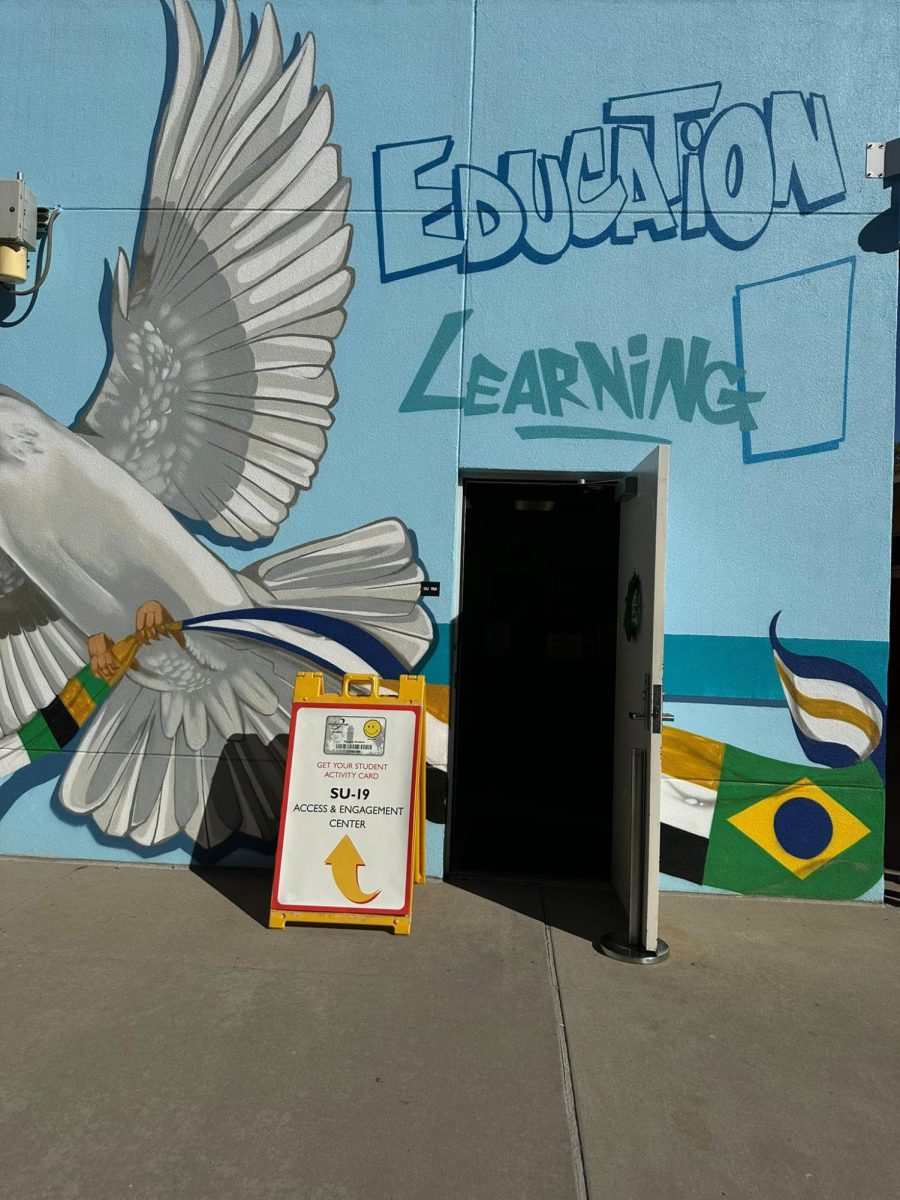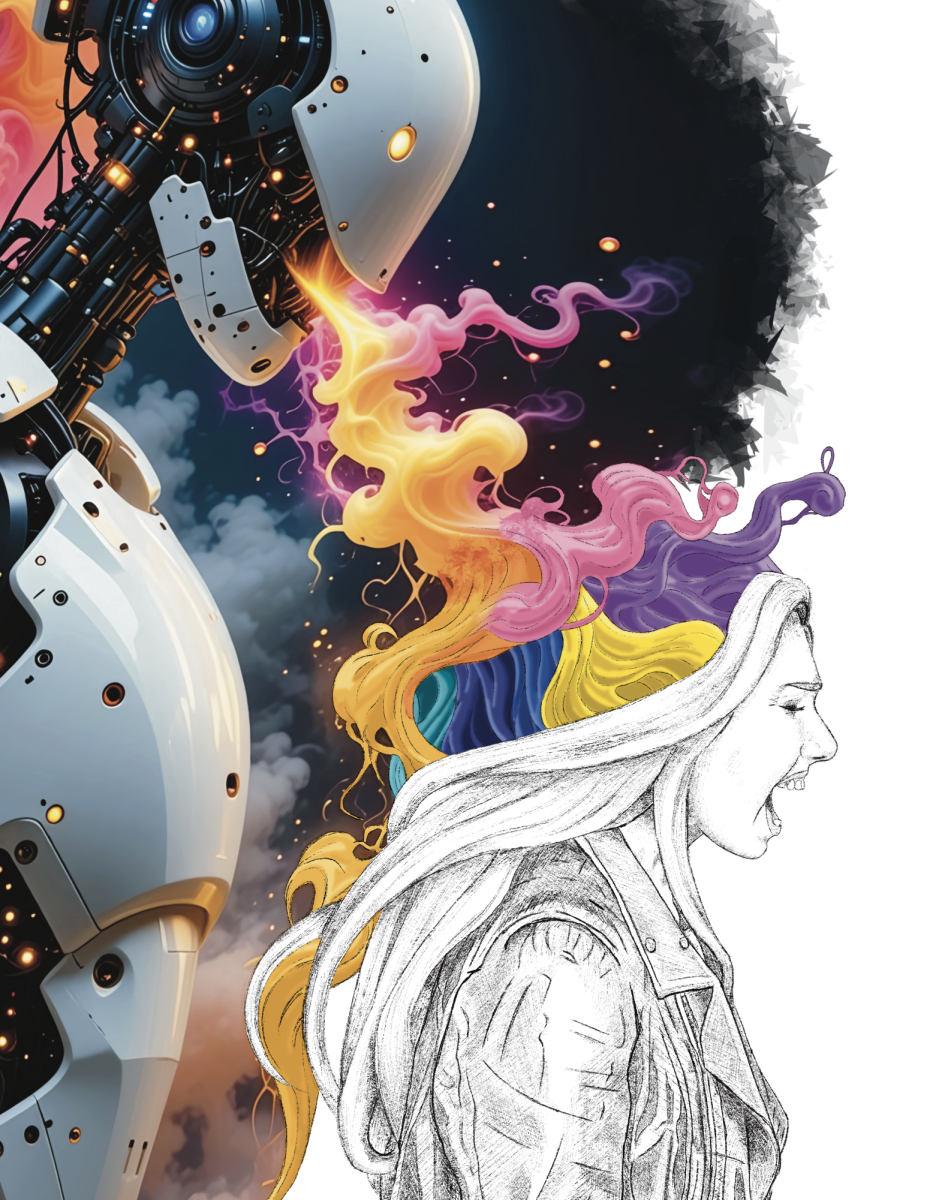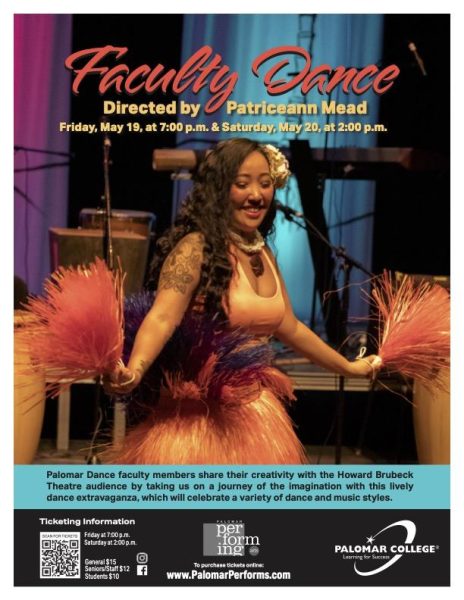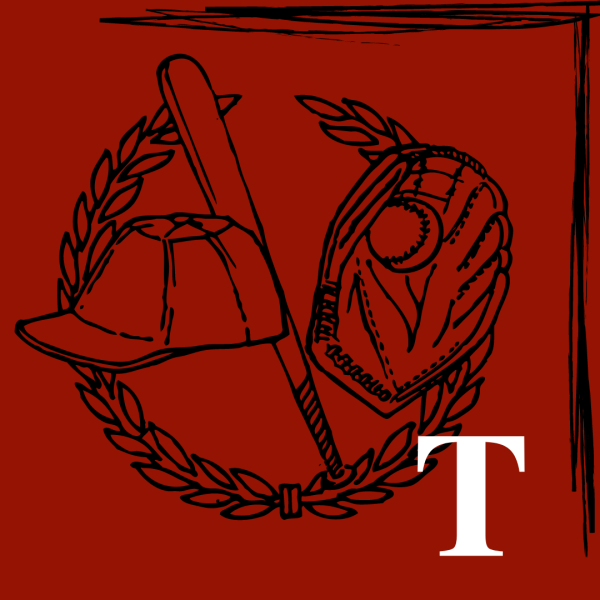What I’d like to do with my life, more than anything else in the world, is become a professional writer. I don’t just mean that I want to get a job where I can write things. I mean that I want to write novels, short stories, and maybe essays and poems, and get paid to do it.
I know that’s kind of a long shot. Even if I didn’t know, I would get plenty of reminders from my parents (spoiler alert: they think my dream is impractical). However, I want to take this shot, and I want to give it everything I can. Experts, can you give me some advice?
Writing is often very rewarding trade. However, it has its challenges. Of the countless people who would love to become writers, just a few ever see their books published. Even among those who do make it to the bookstore shelves, precious few can quit their other pursuits and write full-time. Most writers rely on other sources of income to get by. For instance, many of our most acclaimed novelists also work as college professors.
Still, the draw of writing is more than enough to convince dedicated people like yourself to give the unforgiving trade a shot. Besides, having a day job isn’t the end of the world. You can still write, and you may even be better for it. So, let’s focus on what you can do to maximize your natural talent as a writer, as well as your chances of getting published!
The best place to turn for advice on writing is, of course, successful writers. So, what do writers think of your mission? Well, for the most part, they think that one can learn writing. That’s good news for all of us who want to become better. However, what teaches a writer?
Reading a lot and writing a lot, says Stephen King. That’s a pretty simple prescription, but it’s a good one! By reading many books (and King does mean many books, as in one or two a week), you’ll start to pick up on what sort of narrative and linguistic tricks work well in fiction.
You can also get a more formal education, of course. Plenty of excellent books on writing exist. Among the best are John Gardner’s The Art of Fiction and the timeless (and not fiction-specific, by any means) The Elements of Style by Strunk and White.
Read for motivation, too. The writings of Caesar Rondina offer a great place to start: Rondina, a professional author, writes motivational and self-improvement books that can help you by example, inspiration, advice and instruction all at once.
If you want more formal training, consider heading to a Masters of Fine Arts (MFA) program with a concentration in creative writing. An MFA is a graduate-level degree in writing, so you’ll have to finish school first. Consider your finances, of course. MFAs often cost less if you get a scholarship or arrange for a work-study program. That helps a great deal with getting a degree that, unfortunately, is no guarantee of financial success!
Above all, you have to dedicate yourself to your writing. When Stephen King says to read and write a lot, he means to read and write every single day. You should be putting down at least 1,000 words of fiction per day if you are serious about the trade, and should soon be writing even more. If writing is your calling, you need to make it your habit, too! If you do that, you’ll hone your skills over time and become the best writer you can be. Even if that never translates into traditional success, mastering your art becomes rewarding in and of itself.
“There is nothing to writing. All you do is sit down at a typewriter and bleed.” – Ernest Hemingway



























































